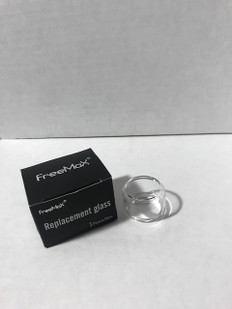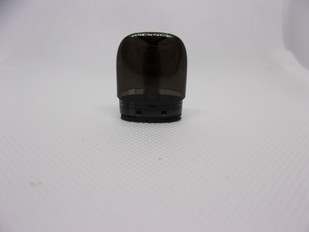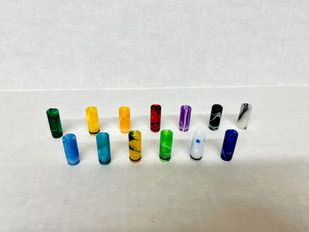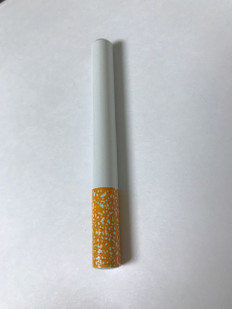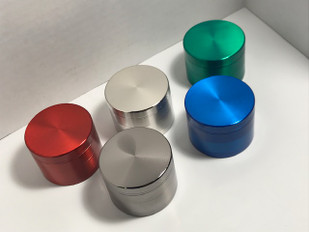- Home
- The Vape Mall Blog
- Should Vitamin E Be in CBD Products?
Should Vitamin E Be in CBD Products?
Posted by on
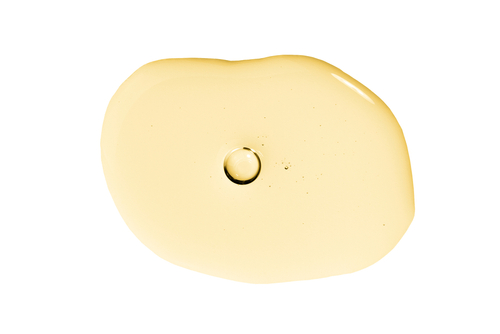 Most of us have heard of and seen Vitamin E in many
foods, supplements, and other products.
It’s also something our bodies need.
However, is it something we need in CBD products? That’s the question we’re going to answer
here today.
Most of us have heard of and seen Vitamin E in many
foods, supplements, and other products.
It’s also something our bodies need.
However, is it something we need in CBD products? That’s the question we’re going to answer
here today.
What is Vitamin E?
Vitamin E is a fat-soluble vitamin that plays a crucial role in the human body as an antioxidant. It exists in various forms, with the most common and biologically active form being alpha-tocopherol. Vitamin E is essential for maintaining the health of cells, tissues, and organs, and it helps protect the body from the harmful effects of free radicals, which are unstable molecules that can damage cells and contribute to various chronic diseases.
Vitamin E is found in a variety of foods, including nuts (such as almonds and hazelnuts), seeds (like sunflower seeds), vegetable oils (such as wheat germ oil and sunflower oil), green leafy vegetables, and some fortified foods. It’s also available as a dietary supplement in the form of capsules or tablets.
Understanding the Pros & Cons of Vitamin E in CBD Products
Vitamin E in CBD products has both pros and cons that are important to consider.
Pros:
1.Antioxidant Properties: Vitamin E is a powerful antioxidant. It can help in neutralizing harmful free radicals in the body, potentially reducing oxidative stress and inflammation.
2.Enhanced Skin Health: When applied topically, Vitamin E in CBD products can be beneficial for skin health. It can help in moisturizing and healing the skin, and thus, may also provide anti-aging benefits.
3.Synergistic Effects: Vitamin E might enhance the therapeutic effects of CBD. The combination can be more effective in addressing certain conditions like skin disorders or inflammation than CBD alone.
4.Improved Product Stability: Vitamin E can act as a preservative, increasing the shelf-life of CBD products by preventing oxidation.
Cons:
1.Allergic Reactions: Some people might be allergic to Vitamin E, leading to skin reactions or other allergic symptoms when using topical CBD products containing this vitamin.
2.Interference with Medication: Vitamin E can potentially interact with certain medications, such as blood thinners. This can be a concern for individuals taking such medications along with CBD products.
3.Over-supplementation Risks: Excessive intake of Vitamin E, especially in supplement form, can lead to health issues like increased risk of bleeding, stroke, or other cardiovascular problems.
4.Limited Research: The research on the combined effects of Vitamin E and CBD is still in its early stages. Therefore, the long-term effects and safety profile are not yet fully understood.
It's important for consumers to consider these factors, and also consult healthcare professionals, especially if they are on medication or have underlying health conditions, before using CBD products with added Vitamin E.
What is Vitamin E Acetate?
Vitamin E acetate, also known scientifically as “tocopheryl acetate”, is a synthetic form of Vitamin E. It’s commonly found in dietary supplements, skincare products, and some foods. In skincare products, Vitamin E acetate is often used for its antioxidant properties, which can help protect the skin from damage caused by free radicals and UV exposure.
This compound is also known for its moisturizing benefits, making it a popular ingredient in lotions, creams, and ointments. However, it's important to note that while Vitamin E acetate is generally safe for topical use, there have been concerns regarding its inhalation. Specifically, it has been linked to lung injuries when used in vaping products, as it can interfere with normal lung functioning when inhaled.
The inclusion of Vitamin E in CBD vape juice has been a topic of discussion and concern. Vitamin E acetate, in particular, has been linked to serious lung injuries when used in vaping products. The Centers for Disease Control and Prevention (CDC) has identified Vitamin E acetate as a chemical of concern among people with e-cigarette, or vaping, product use associated lung injury (EVALI).
Inhaled Vitamin E acetate can interfere with normal lung functioning. When it's heated and inhaled, it may disrupt the thin layer of fluid that lines the lungs, essential for their proper functioning. This disruption can lead to severe lung injury.
Final Thoughts
Given these health concerns, it's generally advised that Vitamin E, especially in the form of Vitamin E acetate, should not be included in CBD vape juice or any vaping products. Consumers should be cautious and always check the ingredients of their vape products to ensure their safety. For specific health-related questions and personal advice, it's always best to consult with a healthcare professional.
 Loading... Please wait...
Loading... Please wait...



